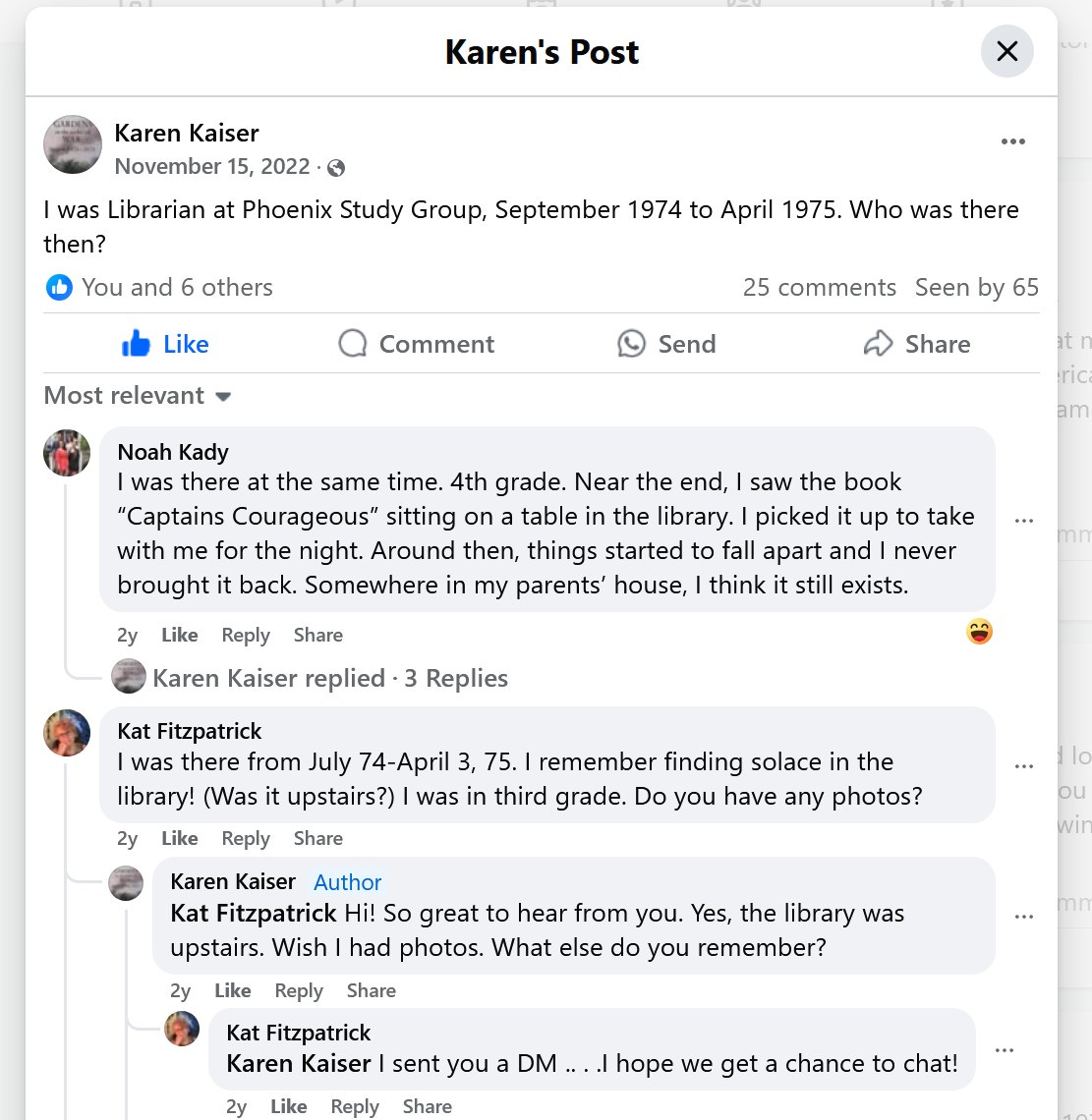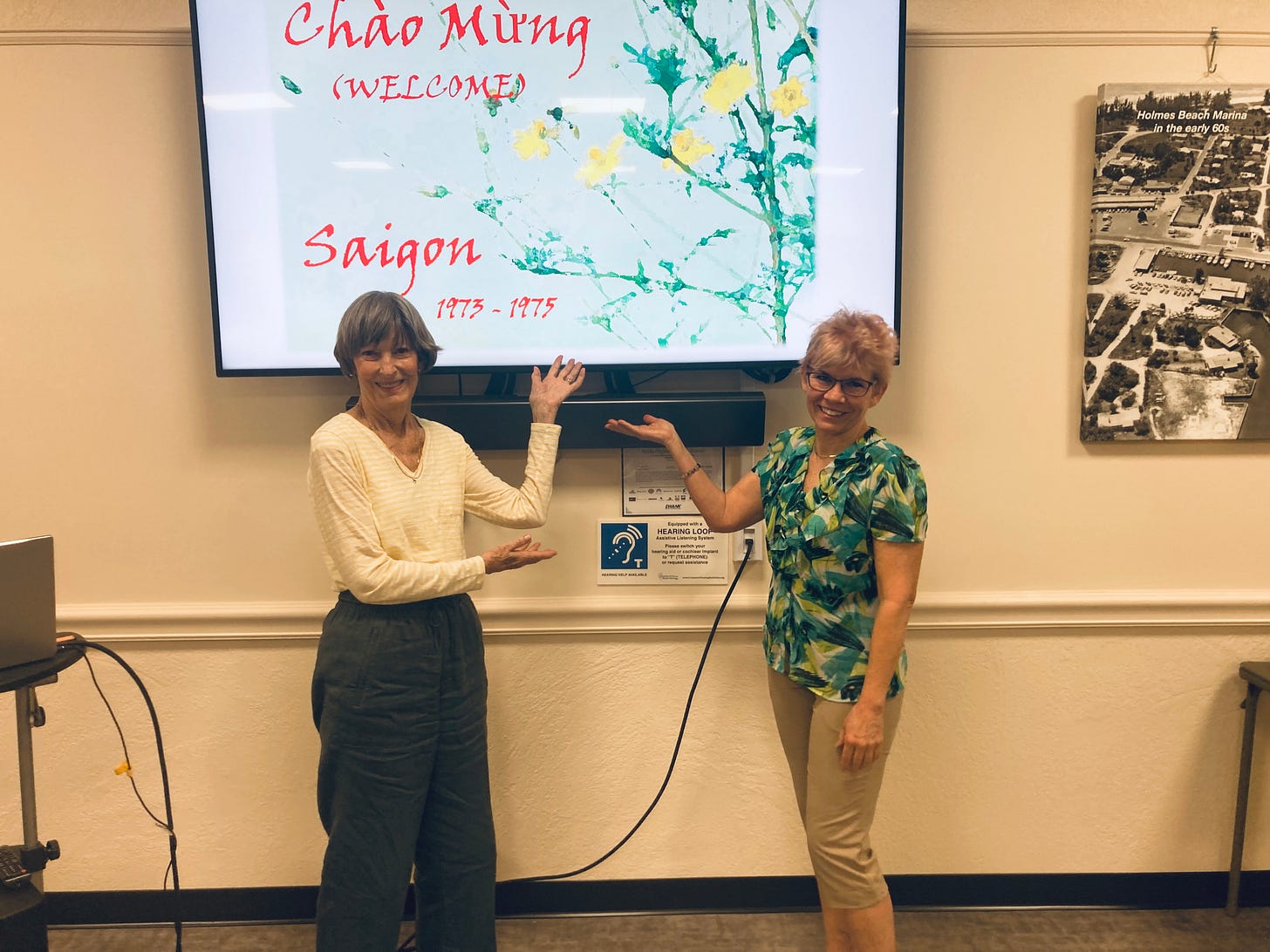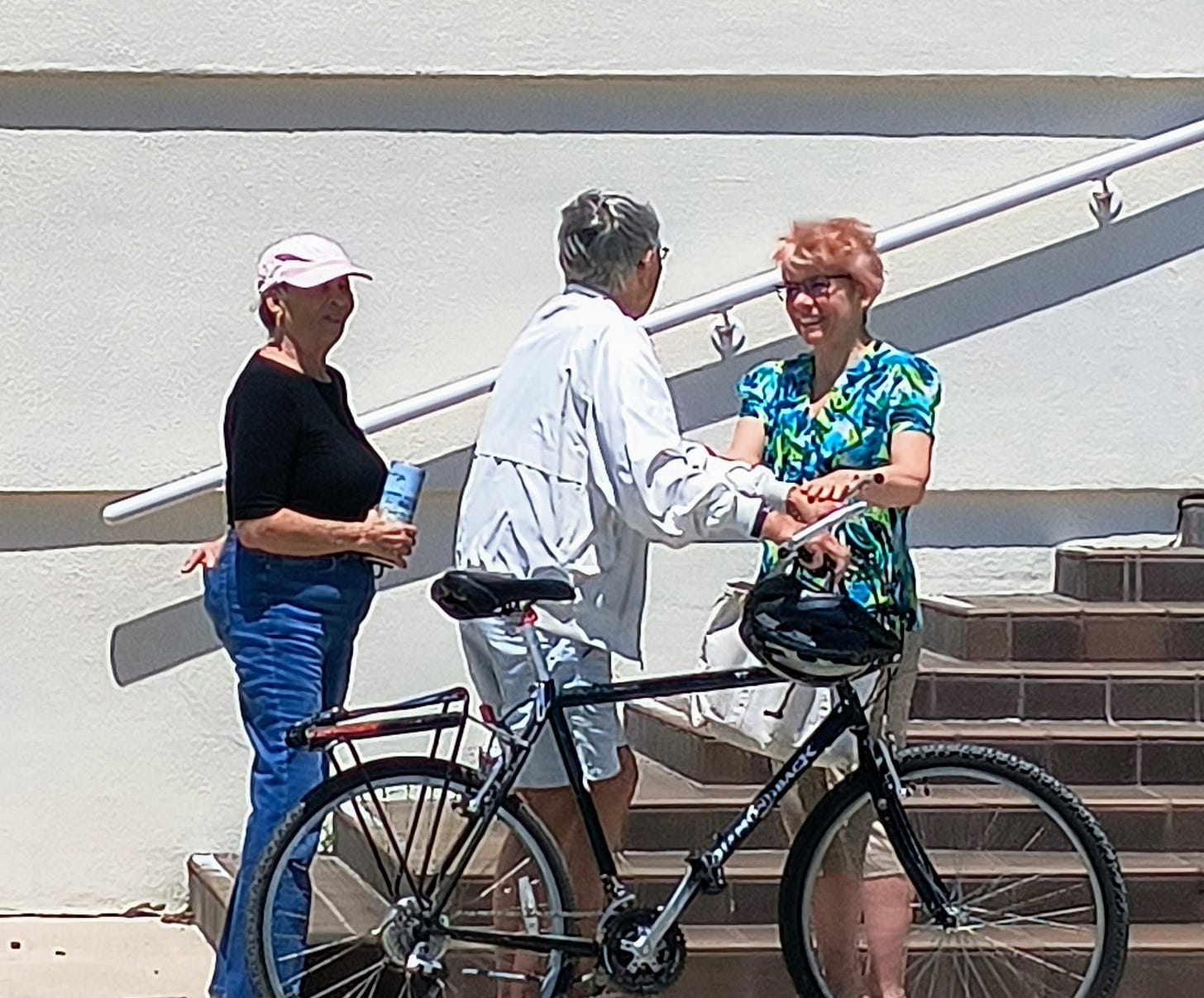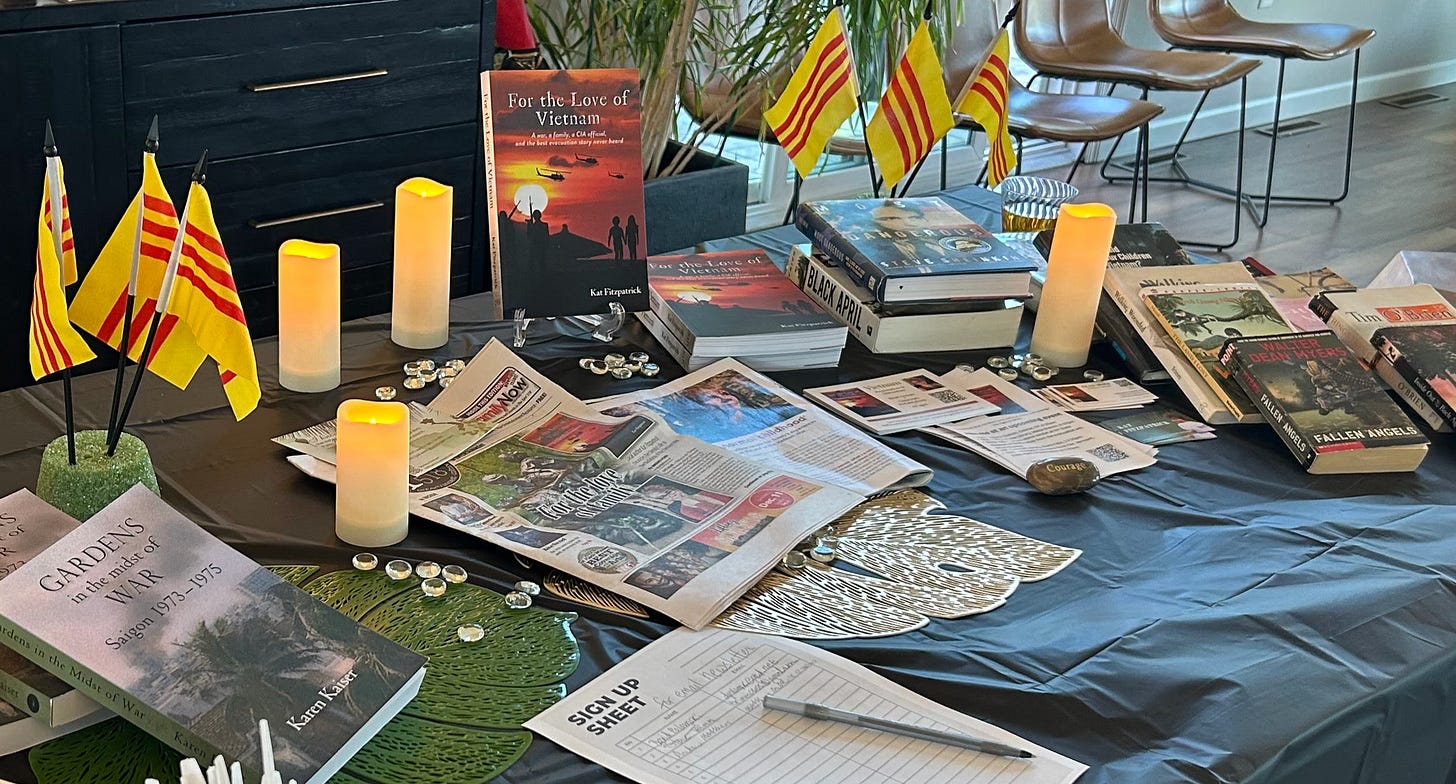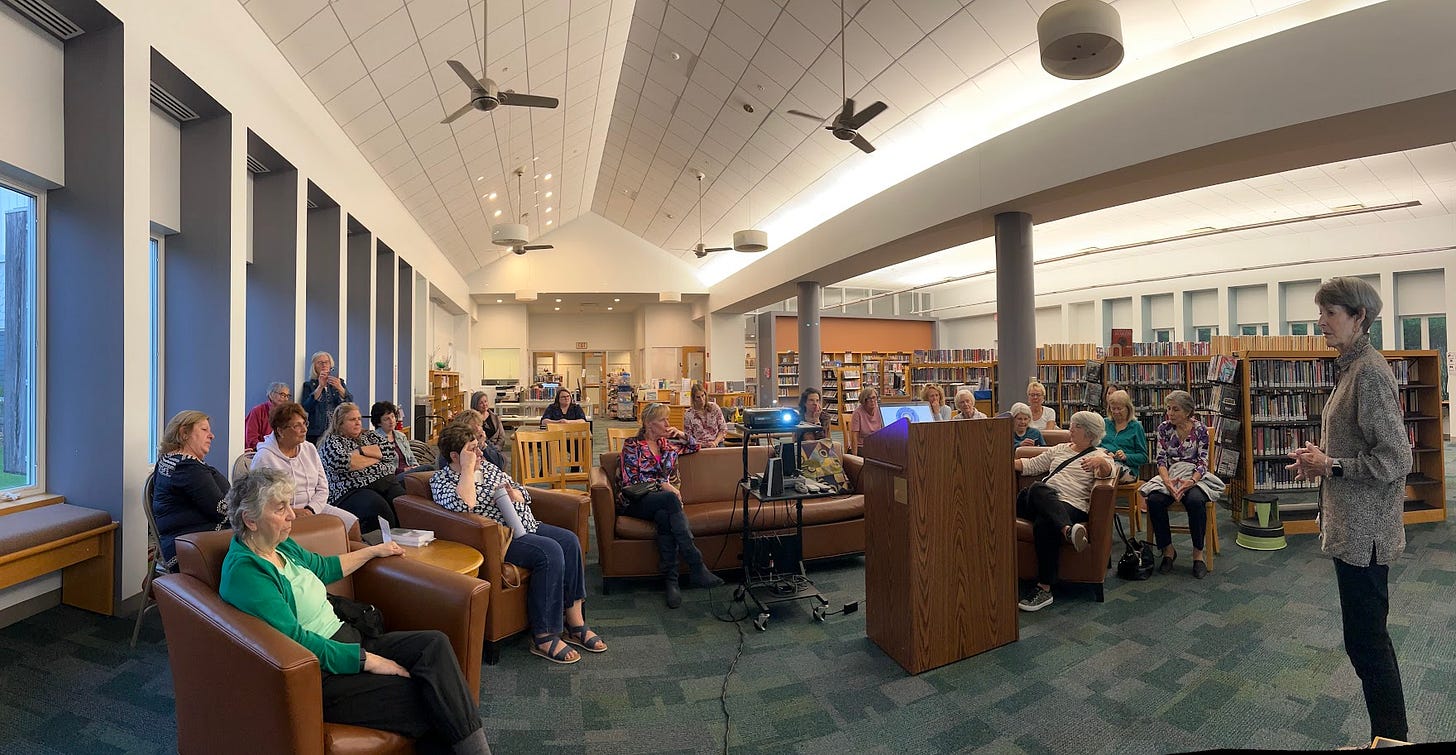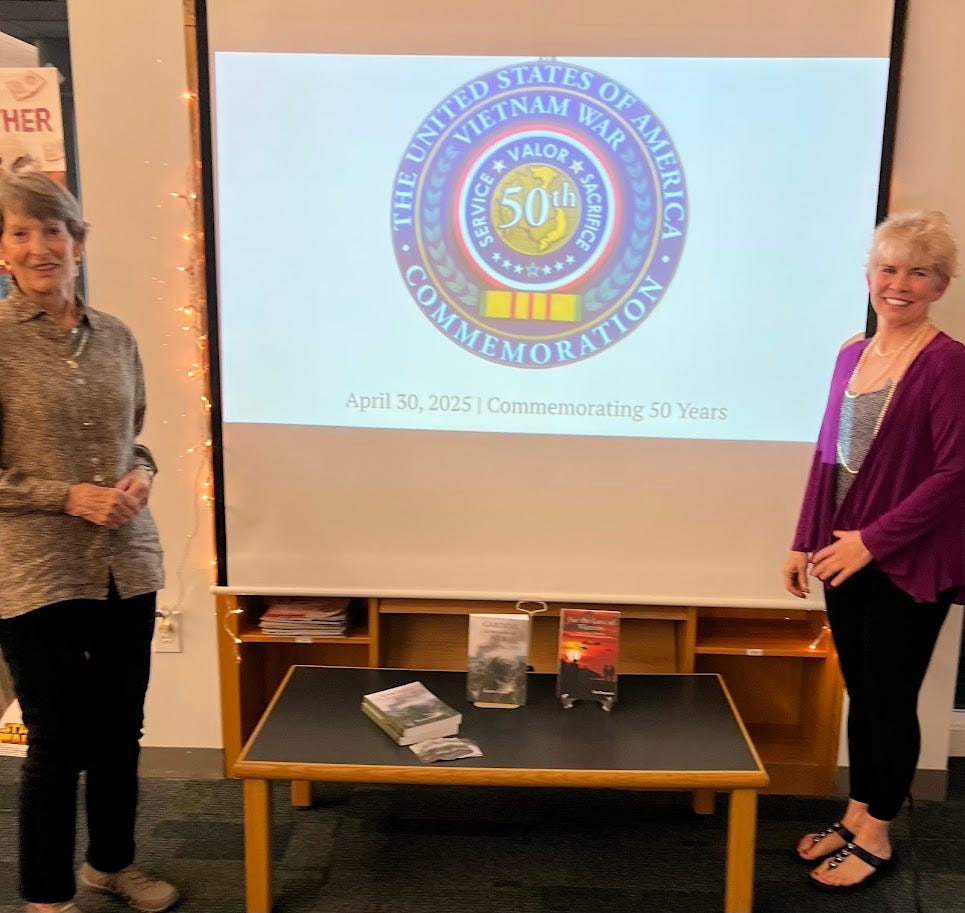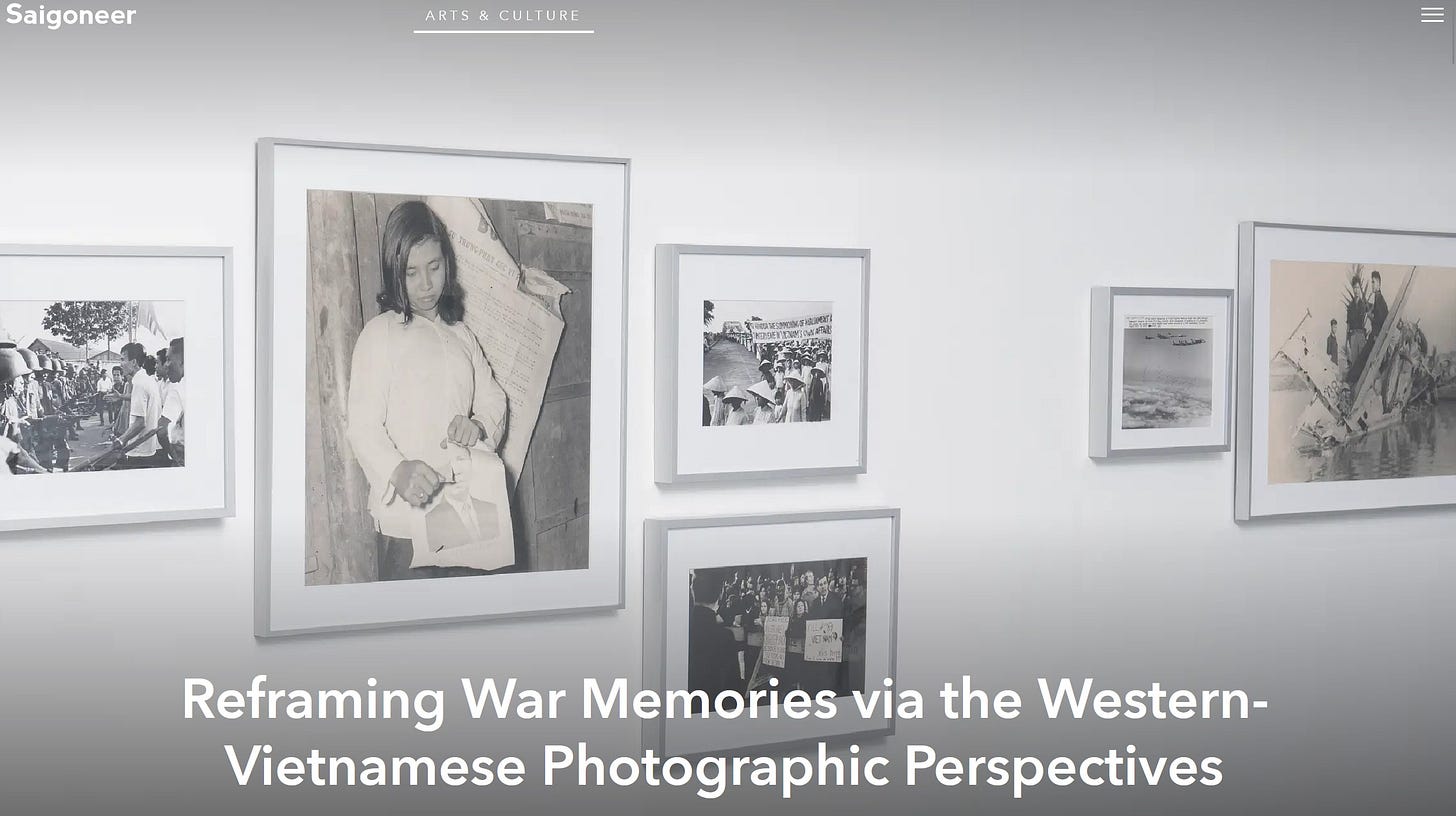Some many years ago, I did a slideshow presentation for a local women’s group in Upstate New York. It was well received but after it was over, I packed up alone as the ladies congregated in the kitchen to clean up and chatter.
As I left the building, despite the sunshine and fresh air, I felt gloomy. The work of a writer is often solitary and I actually like the hours of quiet creativity. And yet at that moment what I felt was isolation—they were in there with their long-time community and I was traversing the lonely parking lot like, well, like an American soldier returning alone as they did from the Vietnam War.
At the Veterans Day Ceremony in D.C. last November, one of my most notable experiences was a conversation with two veterans just in passing. The power of their friendship emanated from them.
“We reconnected 16 years ago,” said one, with a giant smile on his face, “and we’ve been in close touch ever since.”
I’ve long had the 50th anniversary of the war in my sights. I wanted it to be a meaningful passage, and I didn’t want it to be like that 2015 experience of loneliness.
Now, as I look back over April 2025, I think I succeeded with the most profound element of the 50th commemoration being how I linked arms with former librarian Karen Kaiser. It all began on Facebook in November, 2022.
From 2023 to 2025, she published her book Gardens in the Midst of War, and I began to reprint excerpts here in “Stories of Vietnam.”
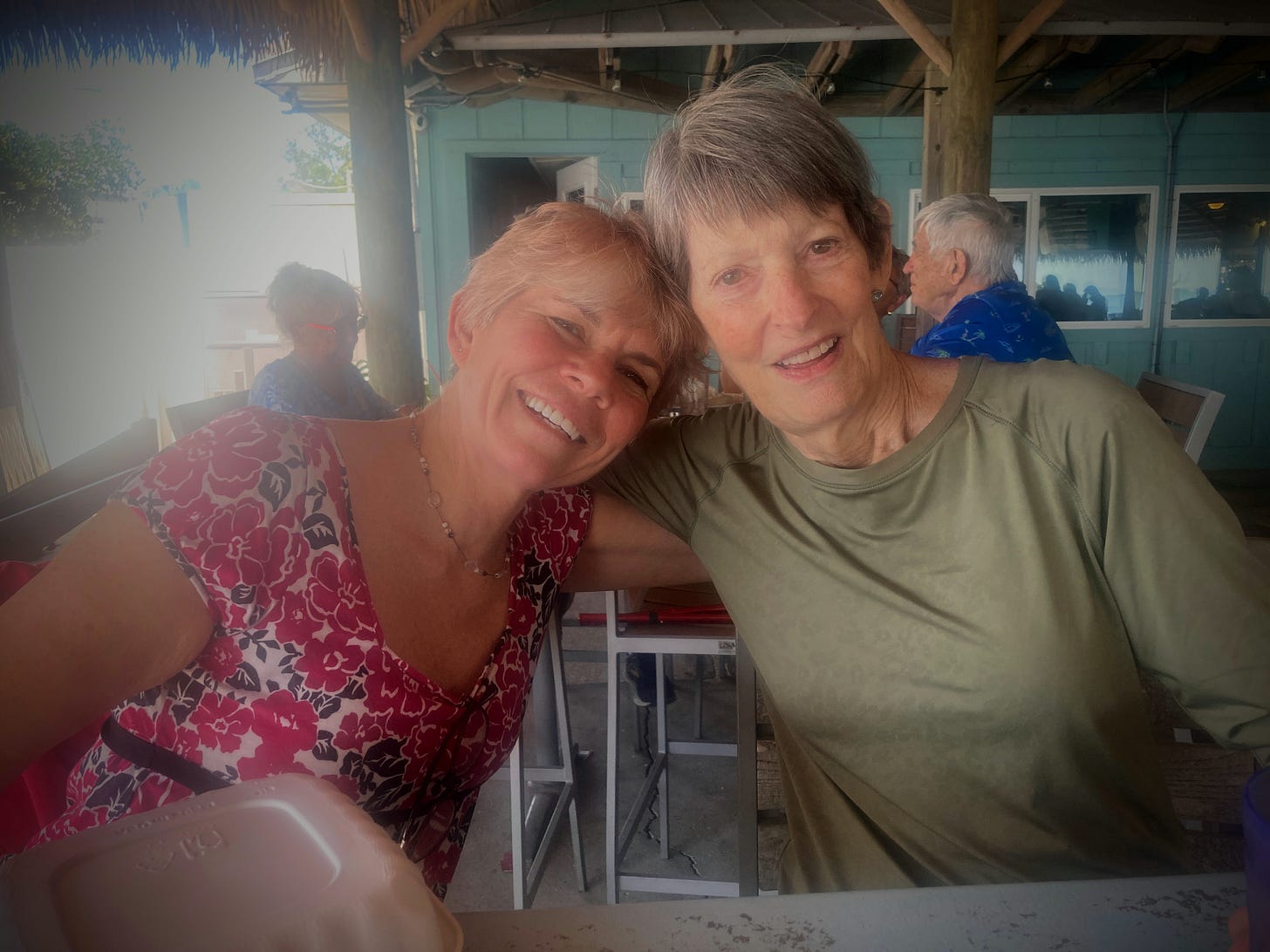
April 12
Our first presentation together was at the Island Branch of the Manatee County Library System on Anna Maria Island just outside of Sarasota, Florida. We were pleased that things went off without a hitch (technical or otherwise).
One of the most powerful aspects of the day, for me, was that two women from my online writing group drove many hours to attend the program and just so that we could meet in person. As we stood outside in the sunshine, it felt almost otherworldly that we could all be together. “This is the most remarkable thing,” we said over and over.
There was one gentleman who stopped to say how eager he was to get home and tell his wife all about the presentation.
April 15
On Tuesday, April 15 we shared not only our personal stories but a Vietnam War video that had special meaning for Karen's friends in the University Park Ward of the Church of Jesus Christ of Latter-day Saints.
April 29
On April 29, we visited the Shaker Pointe Retirement Community in Watervliet, N.Y. You can see the full video presentation (40 minutes) here.
April 30
On April 30, we wanted to commemorate the 50th Anniversary of the Fall of Saigon with an intimate and meaningful gathering and the clubhouse at my apartment complex turned out to be the perfect location.
The flag in the background in the photo of the group conversation was flown over the US Capitol on April 1st “in honor of all who were affected by the Vietnam War. In other words, all of us.”
The South Vietnamese flags on the table display commemorated the country that was lost at the end of the 20-year conflict.
We were honored to have a wide variety of storytellers and participants there including: myself and Karen Kaiser, of course, plus David Polomski (NJ), a veteran of the U.S. Air Force and Saigon Security Detachment; Steve Trimm (NY), a 1960s peace protestor and author of the 1993 book, Walking Wounded, Men’s Lives During and Since the Vietnam War (soon to be reprinted), and my new neighbor retired Navy combat veteran Robert Schell (NY). Together we shared personal stories, readings, insights, and, at times, emotional reactions.
A few of the quotes that will always stick with me from that evening:
“We shouldn’t say that we lost the war,” said Navy Vietnam Veteran Robert Schell as he handed out red poppies in commemoration of fallen soldiers. “It was not a military loss but we left because of the way the politics played out. The soldiers did not lose the war.”
“I protested the war,” said Steve Trimm. “I went to Canada because I believed in what I was doing. Still, I lost 10 years to the war. My best friend, George, served in the Marines, and we are still friends. We respect each other’s convictions. We were both victims of the war. I reached my goal; I don’t hate anyone, I never hated anyone, and I never lost that.”
“I was there right up until the very end,” said David Polomski. “Before I left I helped get out one family. There were so many more that were left, but I’m still in touch with them to this day. They love their lives in America.”
May 1
On May 1, an audience of 25 women joined us at the Malta Branch of the Round Lake Library. What was most notable about the crowd was that nearly half of them came from connections we had made in Florida!
As I was beginning on the final draft of this newsletter, I received a link from Karen.
It was from the online publication, The Saigoneer: “Reframing War Memories via the Western-Vietnamese Photographic Perspectives,” by An Trần.
The entry finished with:
. . . these historical war photographs continue to hold a dialogue between the past, present and future, shaping our collective memory, national identity and ways of seeing. Perhaps, at this moment, it becomes more important to ask ourselves: how do we remember, what do we choose to remember, and how do we move forward from here?
For those of you who are long-time readers of Stories of Vietnam, you’ll know that this three-pronged question has been at the center of my writing efforts:
How do we remember,
What do we choose to remember, and
How do we move forward from here?
In addition to the personal fulfillment of connection and reconnection, I think that this tour that Karen and I undertook for the 50th has rekindled these questions. I had thought at one time that this anniversary would bring a conclusion of sorts, but it seems that 50 years is not enough time to come to terms with the vast, multi-faceted story that is Vietnam.







